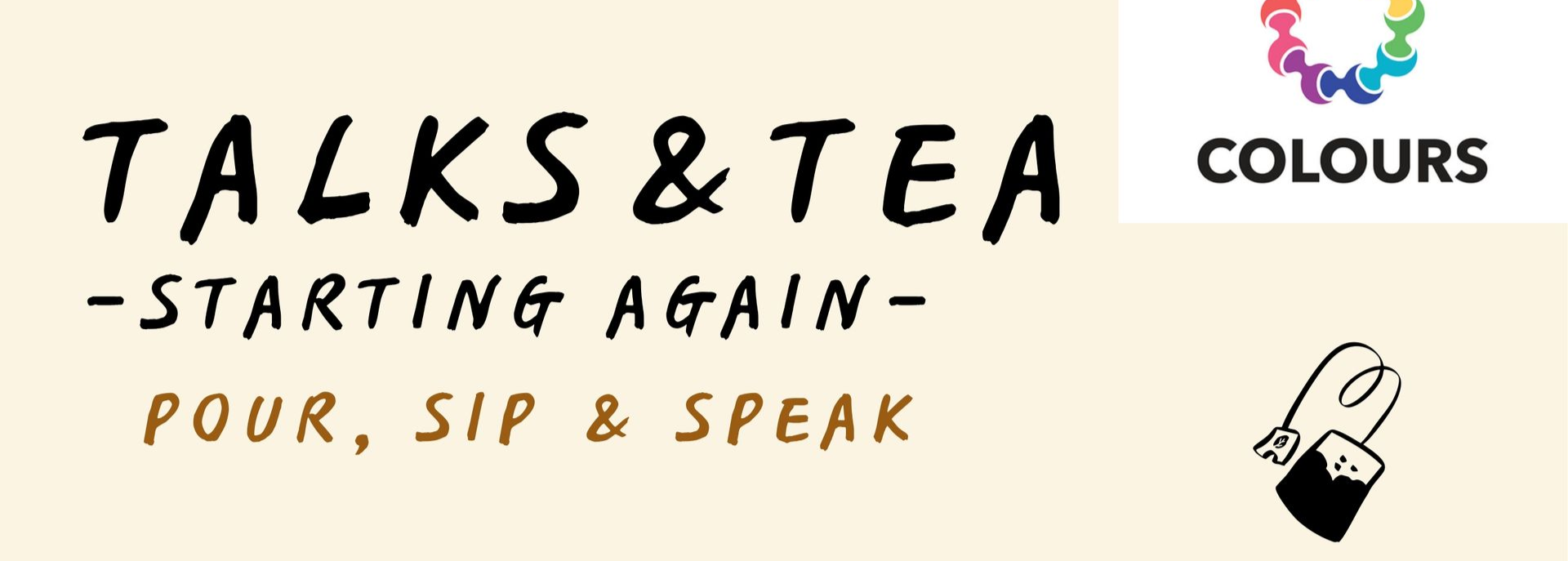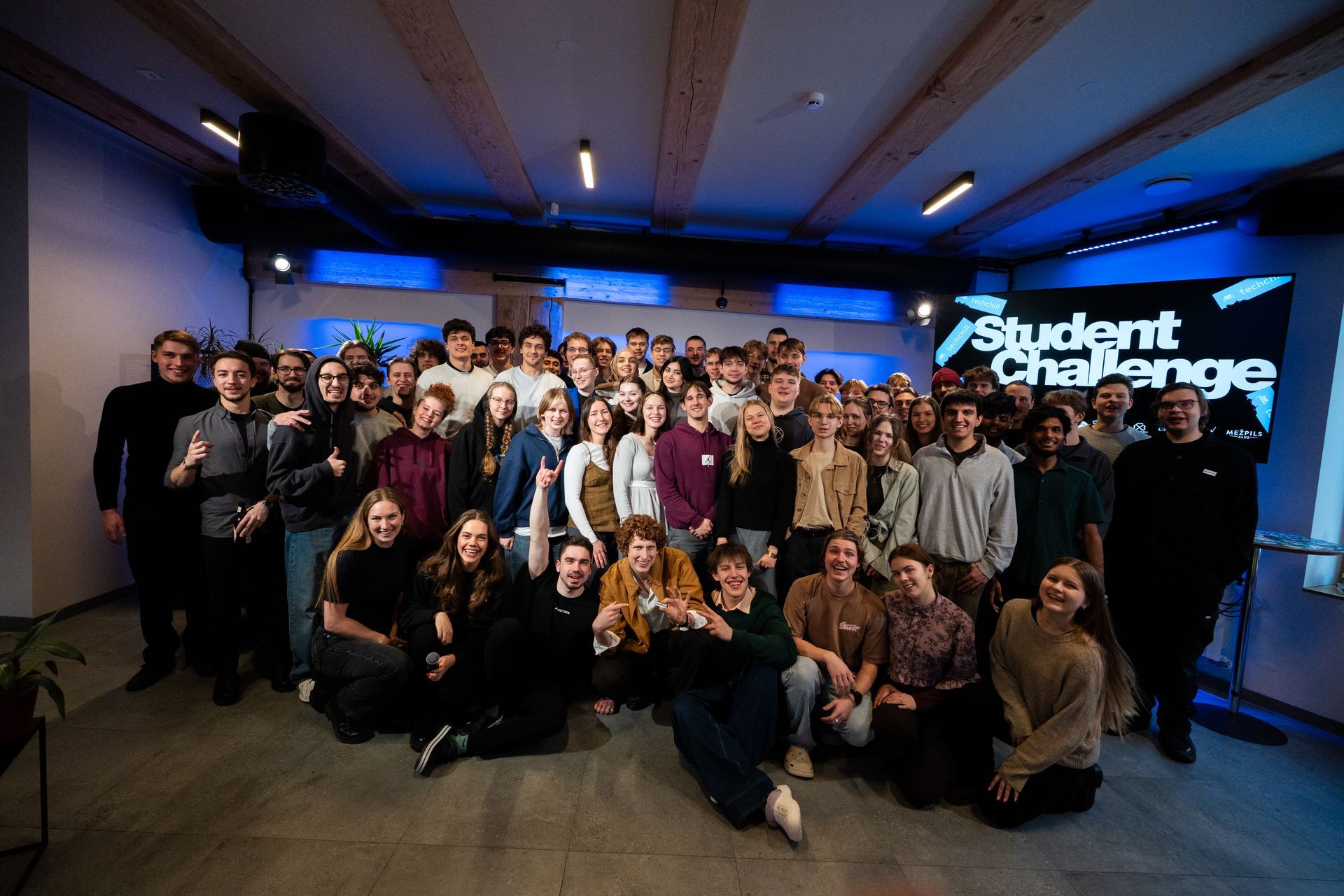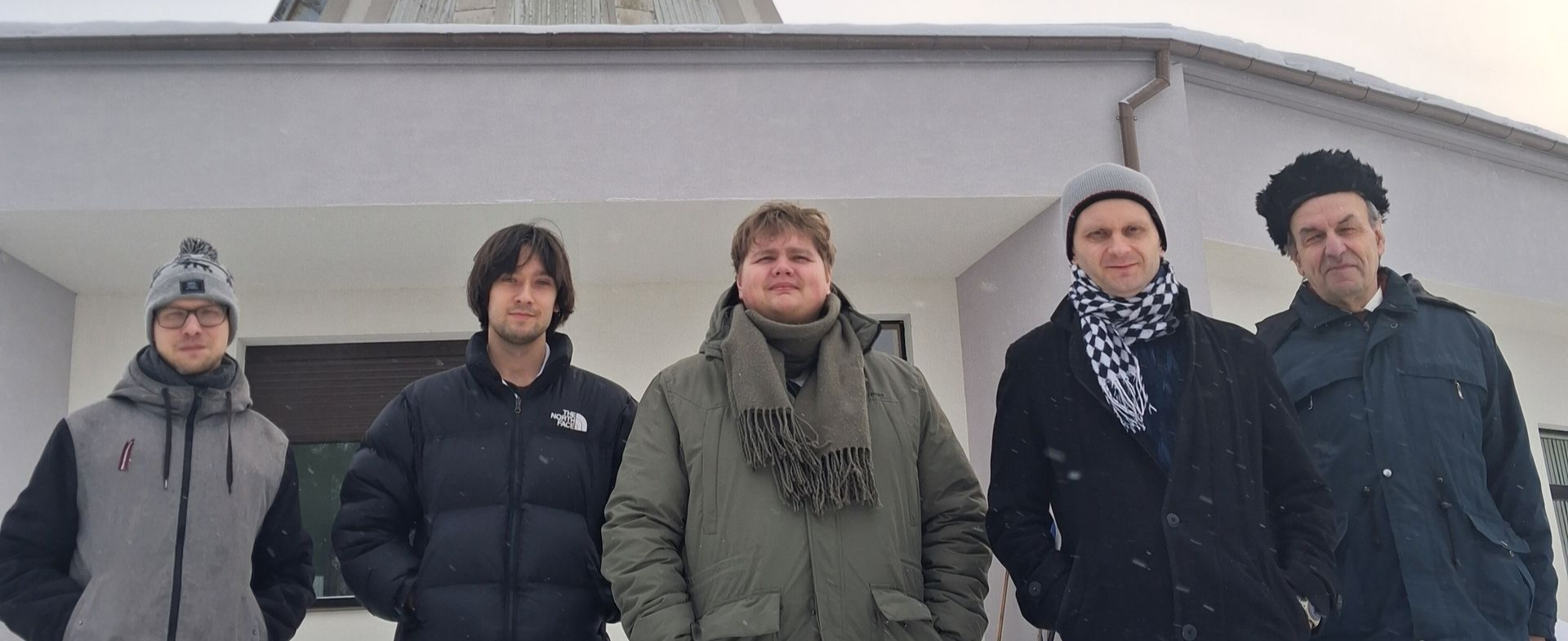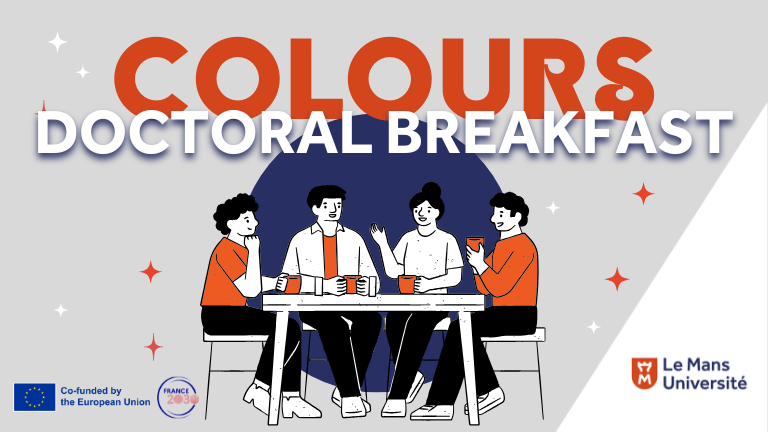One of us - Rasa Zālīte
Working with foreign affairs is like sliding around the globe, changing time zones, cultural attitudes, and behaviour daily, communicating with people both face-to-face and online. Rasa Zālīte is “One of Us” and works in the International Office at Ventspils University of Applied Sciences. Rasa is a person with a big heart, a friendly smile and a positive view of things, people and events. She seems to know how to communicate with absolutely everyone and is always ready to contribute to various tasks, even when faced with unknown factors. Read more in the interview and get some valuable insights from our great colleague Rasa!
Please tell us about yourself!
People call me Rasa, which means ‘morning dew’ in English, but it would be Lay-Z if I had a rapper name. Smile with me!
I work in the Ventspils University of Applied Sciences (VUAS) International Office. I have been in this position since 2015.
My job is doing everything from A to Z about student admission. Once they get here, I support students during their studies at VUAS. I also help them apply and enjoy the benefits of Erasmus mobility.
VUAS is my alma mater. I graduated from the Faculty of Translation studies back in 2009, but I do not work as a translator. I call myself a language user and speak (understand) several languages. Sometimes I act as grammar and style police and get on my colleague’s nerves.
I picked up languages while roaming the beautiful planet earth. On a global level, it is not much, but I have been fortunate enough to have visited 6,67% of the world. I have lived for long periods in the USA, Bolivia, France, Spain, and Austria.
How would you describe yourself?
I live, and I let others live.
My life is not about climbing the corporate ladder. It is also not about burying myself in material possessions, but my heart beats for a life well-lived and caring for other humans.
I am a minimalist when it comes to stuff, but a maximalist when taking in the life around me in the current moment.
My passion is to immerse myself in nature and immortalise the beauty of it in photos.
It is a true blessing to be living in Ventspils because I get to enjoy my two loves – the forest and the sea. I once heard that those who live on the coast live longer. I hope it is true because I love living and being alive.
What do you like most about your job?
My job is so diverse that it is never dull and never the same. There is so much growth potential – both for our students and me as an employee.
I also admire and respect my immediate boss, Liga, and my colleague Kitija. We are a real team, but all my colleagues are great, and they make going to work enjoyable. Now that we work from home most of the time, video calls are precious and keep the connection going. We are like one big family, and once a new student or staff member joins us, they become one of us, too.
VUAS being a smaller university, allows us to get to know our students. To me, they are like precious gems that we get to work with for a year, two, three, four or more. It warms my heart to see them succeed and fulfil their dreams, and it is what I love about my job.
Pre Covid-19 I liked going to different countries and meeting new people. Even though I am not the biggest fan of flying, I did it scared, and it was worth it. I am looking forward to resuming my trips abroad in the future.
What do you value most in person (student, colleague, celebrity, etc.)?
The most significant risk is for us to be who we are; so, I value most in a person their honesty and genuineness. I also appreciate a person's sense of integrity, compassion, and a real dedication to what they need to do. Be it studies, work, family, or community.
I have a soft spot for joy. I am in awe when I see a person having an authentic and joyful zest for life. It is inspiring to see others living to the fullest and not blaming everyone else for their mishaps.
I also value and respect a person’s ability to take responsibility for one’s actions.
If you could be any animal in the world, what animal would you be and why?
I would rather stay the same animal I am – a human being. It allows me to live, love, laugh, feel, think, dream, write, be a foodie, travel and interact with other humans.
What gives you strength for everyday life?
My strength comes from two cups of coffee every morning. If I am serious, my power comes from my faith and focusing on what is before me in the here and now.
Faith and hope are what keep me going, but not only. Every morning when I wake up, I put my big girl panties on and deal with whatever life throws my way. Sometimes the day feels like a gentle breeze, but there are also days when emotions go haywire and work is challenging. The global pandemic also has its toll on me.
Is there any new and recent insight you have had? Please share with us some advice!
Everything in life is temporary. You have to enjoy life’s moments while you have them. Remember, you don’t owe anything to anybody, and nobody owes you anything.
I admire an American author Mark Manson for his frank personality. He says that we need to challenge ourselves to live because we have one less day to live with each new day.
My wish for me and others is to have the courage (to live) and be kind (to oneself and others).
Share on other platforms
Other news







